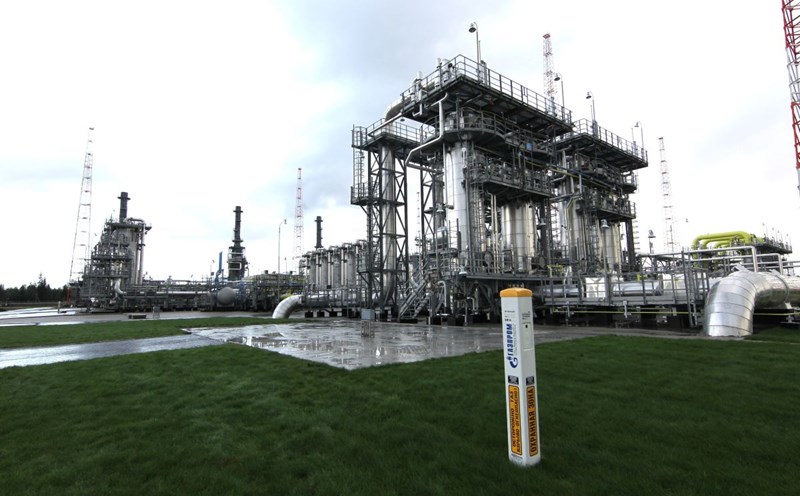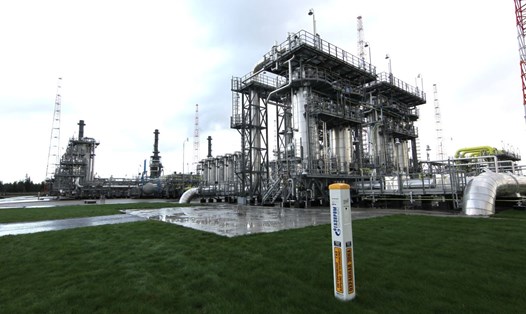Russian Ambassador to Germany Sergey Nechayev said that restarting the Nord Stream pipeline for transporting Russian gas depends on political will in Germany and whether businesses want to sign a deal or not.
"Regarding the opportunity to restore this pipeline, perhaps there is. We have very good experts in this field. The rest is the matter of political will and whether there is any real, detailed agreement between economic operators or not," Ambassador Sergey nechayev told the Russian press.
According to the Russian diplomat, all conditions in Germany's coastal town of Lubmin are ready to receive Russian gas.
"The gas has been tested. If there is consensus and enough political will from Germany, just a Vanilla changes to bring gas to Germany. But clearly, political considerations still prevail. There are certain energy problems in this country and some neighboring countries," Ambassador Sergey nechayev emphasized.
According to Ambassador nechayev, the Nord Stream pipeline has two branches and a pumping capacity of 55 billion cubic meters, meeting 40-50% of the needs of the German economy and households. Meanwhile, the Nord Stream 2 pipeline will add another 55 billion cubic meters, with the potential to turn Germany into a European energy hub.
The Russian ambassador to Germany noted that a branch of Nord Stream 2 had not been destroyed and Russian President Vladimir Putin had affirmed that the Russian side was ready to use the branch to supply gas to Europe.
This week, ostsee Zeitung reported that about 1,000 sections of the Nord Stream and Nord Stream 2 pipelines are being stored at a warehouse in Lubmin. This number of pipelines could be enough to complete the repairs to Nord Stream and Nord Stream 2. The value of the 1,000 sections of the pipeline is around 25 million euros.

The two branches of the Nord Stream pipeline were put into operation in 2011 and 2012, respectively. The Nord Stream 2 pipeline construction project began in 2018 and was completed in 2021 but has never been officially put into operation.
In September 2022, three branches of the Nord Stream and Nord Stream 2 pipelines were sabotaged.
Russian Ambassador to Germany Sergey Nechayev said on April 25 that Russia had not yet received any results from Germany regarding the investigation into the Nord Stream and Nord Stream 2 gas pipeline explosions.
"We have waited for more than two and a half years to get the results of the investigation into who was responsible for the Nord Stream pipeline explosion in September 2022. Denmark and Sweden have stopped investigating, while German law enforcement continue investigating, Ambassador Nechayev said when asked about the content.
The Russian diplomat noted that German Chancellor Olaf Scholz, when in office, declared the Nord Stream explosion an act of terrorism and stressed that the perpetrators and planners of the pipeline must be identified and brought to trial.
We are waiting for action on this issue because determining who committed this crime against critical energy infrastructure is important, the Russian Ambassador to Germany stressed.
He noted that the Nord Stream project does not only involve Russia and Germany. This is a pan-European initiative with the participation of many economic actors from many different countries.
We are not indifferent to who is responsible, he stressed. He also criticized some unfounded speculative theories circulating in German media, saying that these theories only hinder the progress of the investigation into the Nord Stream sabotage.











